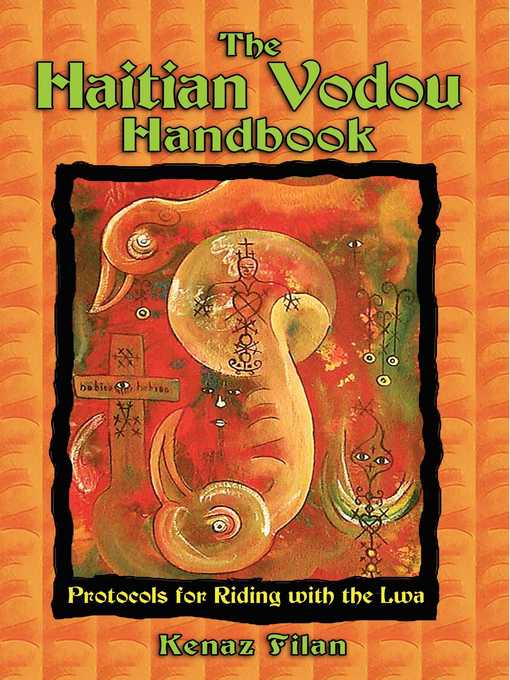- Newly Added eBooks
- Most Popular eBooks
- Page to Screen
- Beach Reads
- Great reads without the wait!
- See all
- Newly Added Audiobooks
- Award-Winning Audio
- Biography and Autobiography
- Most Popular Audiobooks
- Listen Up: Great Narrators
- Poetry: Meant to be Spoken
- See all


